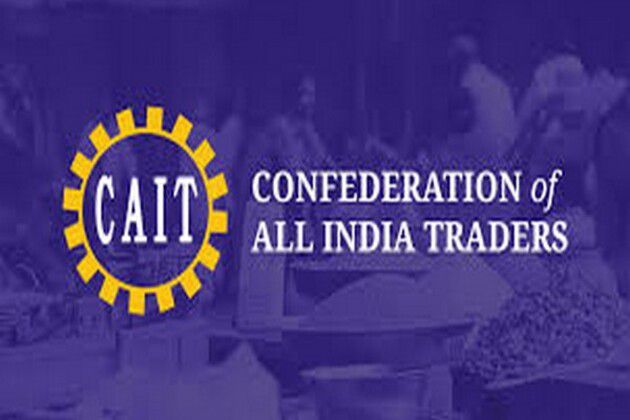 Image Source: Cambodian Times
Image Source: Cambodian Times
The Confederation of All India Traders (CAIT) is set to kick off a landmark campaign named ‘Bharatiya Samman, Hamara Swabhiman’ starting on August 10, 2025. This month-long drive aims to endorse the sale and purchase of only indigenously produced goods, reiterating the call for a self-reliant India by promoting domestic products across the country, especially timed with the upcoming festive season.
Key Highlights: Campaign Scope and Objectives
The initiative is designed to encourage both traders and consumers to prioritize ‘made-in-India’ products, reinforcing pride in indigenous manufacturing and supporting local economies.
CAIT plans to reach its audience through a comprehensive mix of outreach methods including digital campaigns, posters, handbill distribution, social media appeals, seminars, and public rallies.
The campaign aligns closely with Prime Minister Narendra Modi’s emphasis on promoting Swadeshi products, who, in an address on August 2, urged political leaders, citizens, and all stakeholders to pledge selling and purchasing only indigenous goods.
Collaboration is underway with consumer rights organizations and various trade bodies engaged in sectors such as home décor, electronics, beauty products, and textiles to magnify the movement’s impact.
Target audiences include homemakers and the youth, recognized as key decision-makers in household purchasing choices, to ensure the campaign resonates deeply among consumers.
Campaign Execution and Strategic Approach
CAIT’s outreach will combine physical and digital channels to maximize visibility and influence, leveraging social and mainstream media, as well as ground-level engagement.
The timing is especially strategic, coinciding with festivals starting mid-August, when purchasing activity peaks, offering traders and manufacturers an opportunity to demonstrate the quality and variety of Indian products.
Efforts include direct community engagement, encouragement of door-to-door awareness programs, and involvement of local retail outlets for wider grassroots participation.
Public seminars and rallies will serve to educate about the benefits of indigenous consumption, fostering a culture of ‘Swadeshi’ pride and economic nationalism at the consumer level.
Broader Economic and Cultural Significance
The ‘Bharatiya Samman’ drive is not just a commercial campaign but a reflection of increasing national consciousness about the importance of economic self-sustainability.
Promoting indigenous products helps stimulate domestic industries, generate employment, and reduce dependency on imports, thereby aligning with the government’s Atmanirbhar Bharat (Self-Reliant India) mission.
By empowering local artisans, manufacturers, and small traders, the campaign is expected to contribute positively to India’s socio-economic fabric.
CAIT’s engagement with various sectors showcases a unified trader front willing to steer consumers toward the benefits of buying local—ranging from quality assurance to fostering India’s global brand identity.
Looking Forward: Anticipated Impact
The campaign aspires to create lasting behavioral shifts in consumer habits, helping revive and expand the market footprint for indigenous goods on a sustained basis beyond the festival season.
CAIT hopes the movement will strengthen India’s economic resilience by underpinning small and medium enterprises that form the backbone of the country’s trade ecosystem.
If successful, the initiative could spur similar campaigns in the future, further embedding the Swadeshi principle in Indian retail culture and consumer consciousness.
Conclusion
Starting August 10, CAIT’s ‘Bharatiya Samman, Hamara Swabhiman’ campaign stands as a pivotal movement championing the use of indigenous products, amplified by the spirit of nationalism and economic self-reliance. This comprehensive drive harnesses media, grassroots outreach, and stakeholder partnerships to ignite pride and preference for Indian-made goods during the crucial festive buying season. The initiative represents a collective effort by traders and consumers alike to support India’s manufacturing sector and reinforce the country’s journey towards a stronger, self-sufficient economy.
Sources: Times of India, DD News
Advertisement
Advertisement






